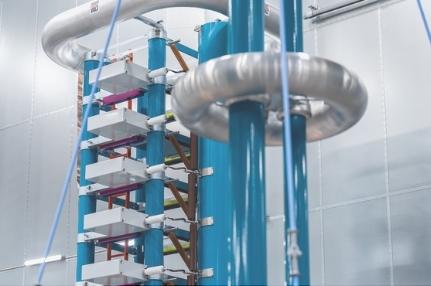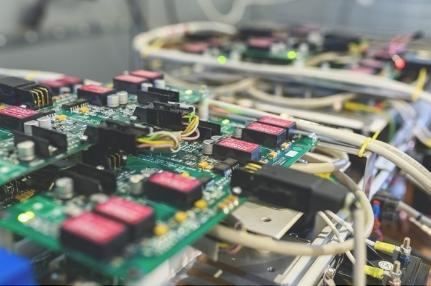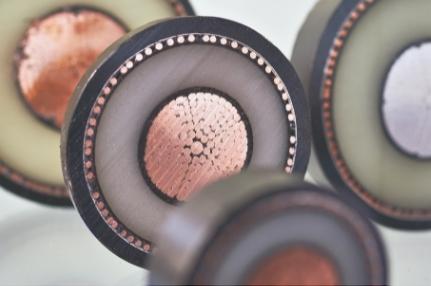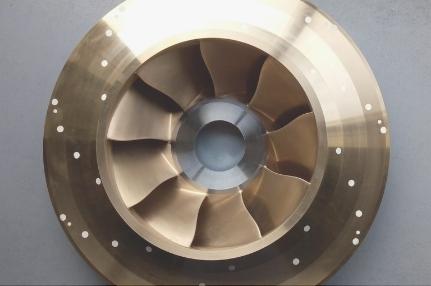Recherche & collaboration
Qu’est-ce qui nous rend unique ?
SuperGrid Institute doit son succès aux personnes qui composent nos différents départements de recherche. Nos équipes viennent d’horizons divers, tant industriels qu’universitaires, et la richesse de leur expérience et de leurs compétences rend l’Institut unique.
Chaque personne apporte une expertise spécifique et ce vivier de connaissances offre aux spécialistes de différents domaines la possibilité de collaborer sur des solutions innovantes pour résoudre des problèmes techniques.
L’Institut bénéficie d’étroites relations de collaboration avec des acteurs de l’industrie et des institutions académiques. Alors que les forces complémentaires de nos partenaires apportent des éclairages et des approches innovantes aux défis techniques, nous développons nos départements de recherche en toute indépendance. Des investissements conjoints publics-privés et des projets de collaboration financent le travail.
Les installations de recherche, les plateformes de test et les laboratoires de pointe de SuperGrid Institute sur les sites de Villeurbanne et de Grenoble sont la clé du succès de nos départements de recherche.


Nos dernières publications scientifiques
3-phase medium frequency transformer for a 100kW 1.2kV 20kHz Dual Active Bridge converter
The article presents a three-phase Medium Frequency Transformer being a part of a 100kW 1.2kV 20kHz Dual Active Bridge DC-DC converter. The transformer design is detailed focusing on winding and core power loss calculation. The high power three-phase MFT prototype is presented. The experimental results include the transformer impedance characteristics, no load test and three-phase DAB full load test waveforms.
Cost-performance framework for the assessment of Modular Multilevel Converter in HVDC transmission applications
This article proposes a methodology of Cost-Performance Assessment (CPA) enabling the efficient cost evaluation required for the Cost-Benefit Analysis (CBA). The proposed method is applied for the Modular Multilevel Converter (MMC) in offshore wind high voltage direct current (HVDC) transmission. Thanks to the developed model, an analysis of submodule voltage rating is performed demonstrating the interest of this methodology in the evaluation of new technologies for HVDC transmission. The analysis shows that increasing the submodule (SM) voltage could lead to savings in the MMC cost and weight.
Requirements for interconnection of HVDC links with DC-DC converters
The number of high voltage direct current (HVDC) links continue to increase over the years, most of them, for offshore applications or bulk power transmission over long distances. The present paper evaluates the possible development of a direct current (dc) grid in Europe given the present, and future, HVDC links. Eight potential cases for the interconnection between close links are suggested as starting scenario for a multiterminal network. The need of a dc-dc converter and its special requirements are evaluated in function of suggested interconnections. As an example, a case study is chosen to evaluate the behavior of an interconnection between line commutated converter (LCC) and voltage source converter (VSC) link using a front-to-front (F2F) isolated converter.







